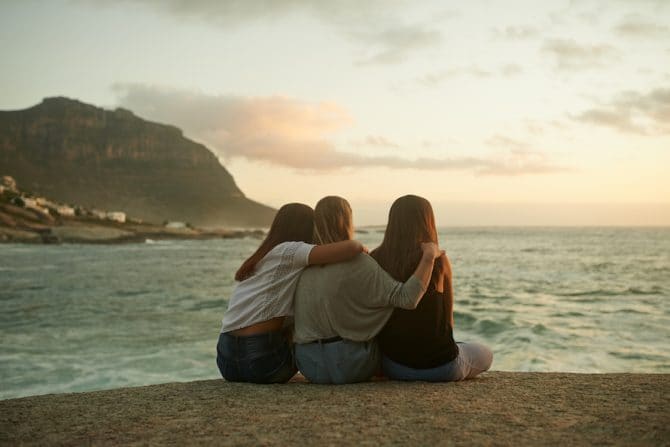Written by Madie
We are all connected by the ocean. The Earth’s surface is 70% ocean after all! Taking part in World Ocean (Every) Day means you're coming together with the global community to say we can create a better future for our ocean - and for all those who depend on it.
World Ocean Day is active and focused
From 1992, when Canada proposed the concept of World Ocean Day, opens a new window at the Earth Summit in Rio, then into 2008, when June 8 is officially recognized by United Nations General Assembly internationally as World Ocean Day, the world takes the time to celebrate and act to protect our global ocean.
Now, thousands of online and onsite events take place over 140 different countries. Thousands of people get together to help protect and restore our ocean spaces.
This year, World Ocean Day is focusing on climate action to conserve 30% of our lands, water, and ocean by 2030 as part of their #30x30 campaign.
How you can be a protector, too
Because the ocean is an important lifeline for the entire planet, it is crucial we work to protect it, before it’s too late. Without a healthy ocean, the planet as we know would change drastically. We would experience hotter summers. There would be stronger and more frequent storms. The fisheries could collapse along with mass extinctions of many kinds of life.
Keep swimming
The first step to saving our ocean is awareness. You have already accomplished this task just by reading this blog post. We encourage you to keep learning with our resource page for climate action.
Catch a wave
Urge your local and federal governments to take effective action. The majority of ocean harm comes from large corporations, not individual consumers. You can sign a petition, write a letter, vote in elections, and support businesses or organisations actively helping the planet. The greatest good for the ocean will come from systemic changes, which in turn will make individual acts of environmentalism more accessible for all.
Be picky
Start rethinking how and what you consume. When eating seafood, you can opt for a more sustainable species and avoid fish caught with damaging fishing practices. Better yet, you can look for the Marine Stewardship Council (MSC) label to ensure the fishery follows sustainable practices. Choosing local is also a good choice. Luckily for us, the Maritimes is bountiful in freshly caught seafood.
Take the helm
Another important step you can take to help the ocean is by taking control of waste. You can reduce the amount of trash, plastic, and chemicals your household is sending to the ocean and other waterways. Make sure you follow local waste disposal guidelines, limit your use of disposable products when possible, don’t pour chemicals down the drain, and most importantly, don’t litter!
Like you, we can sometimes feel overwhelmed with it all. So, seas the day, and take it one stroke at a time.
This blog is a part of the Library's commitment to be a resource for climate action, opens a new window for everyone.




Add a comment to: Love Our World Ocean (Every) Day